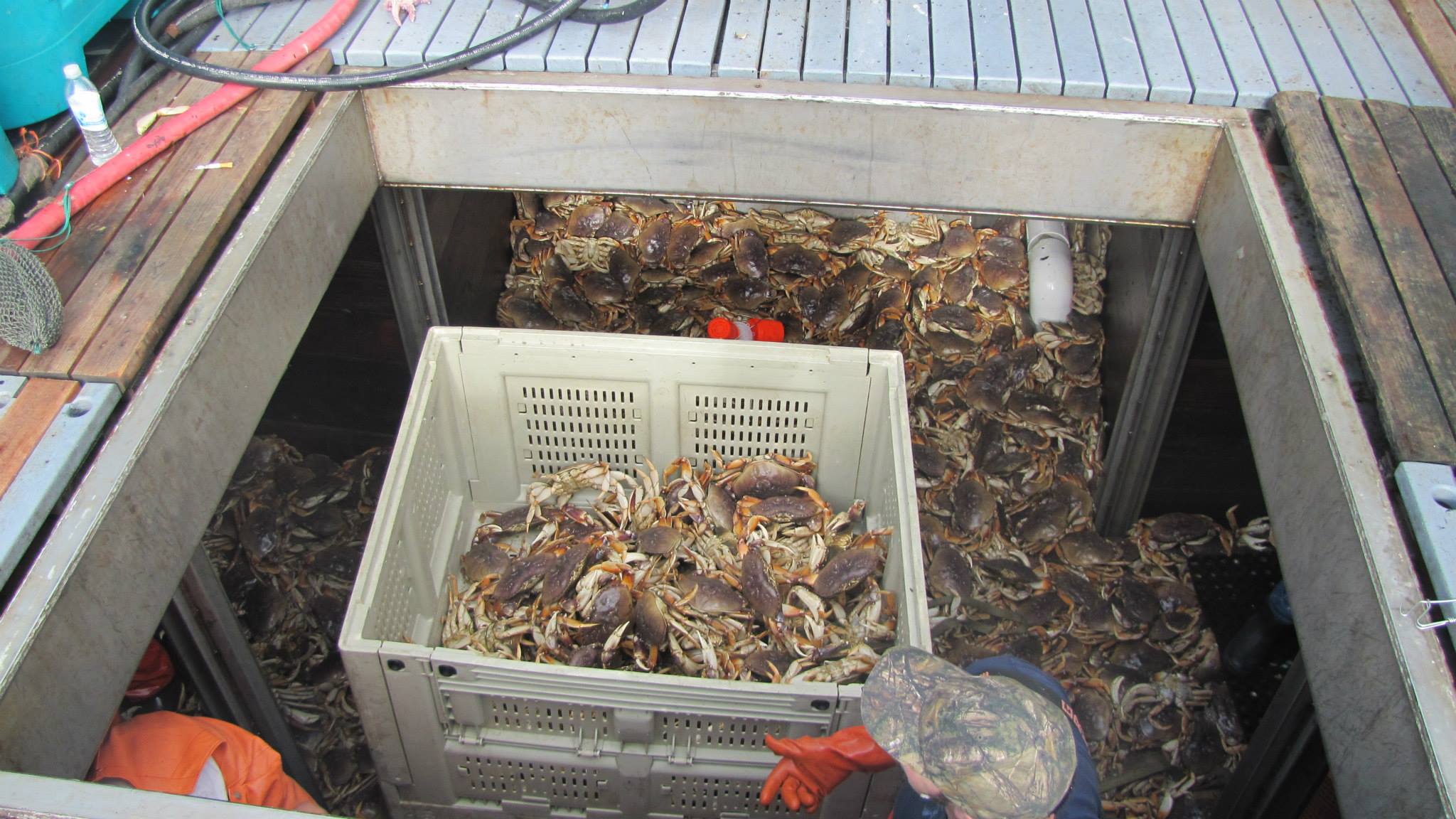The California Dungeness crab season will come to an early end this year on April 15 — three months ahead of schedule — leaving millions of dollars of product in the water. The fleet opted for the early closure to settle a lawsuit over whale entanglement rather than risk the possibility of an indefinite closure.
“The settlement is going to be extremely painful and extremely difficult to deal with,” said Noah Oppenheim, executive director of the Pacific Coast Federation of Fishermen's Associations. “But this was the best possible deal that was acceptable to all parties.”
At issue is a 2017 lawsuit in federal court by the Oakland, Calif.-based Center for Biological Diversity that argued the state of California and fishermen were in violation of the Endangered Species Act after a three-year spike in whale entanglements in Dungeness crab fishing gear from 2014 to 2017.
The lawsuit sought the closure of the state-managed fishery until a federal incidental take permit was established — a process that could take years to implement.
Commercial fishermen, state regulators and biologists had convened a California Dungeness Crab Fishing Gear Working Group in 2015 to find ways to limit whale entanglements while avoiding the burdensome federal incidental take permits.
A preliminary count for 2018 showed 45 whale entanglements on the West Coast, compared with 31 confirmed entanglements in 2017. Between 2000 and 2014, the West Coast saw an average of 10 entanglements per year, according to NOAA data.
The settlement between the state of California, fishermen and the Center for Biological Diversity will require a federal incidental take permit — for whales and turtles tangled in fishing gear — but will allow for fishing to continue in months where whale migration and crab gear don’t overlap. In the settlement, fishermen agreed to an April 1, 2020, closure of the fishery south of Mendocino.
Early closures are a hit to the fleet, which faced months-long delays in three of the last four years. Domoic acid levels were too high in the winter months when the fishery typically opens. Those delays resulted in an increase in spring fishing, which led to an increase in whale entanglements with crab gear.
“Certainly, we saw an uptick in entanglements in the spring,” Oppenheim concedes. But he and the Dungeness Crab Gear Working Group plan to continue their work to find fisherman-based solutions to ensure a viable Dungeness crab fishery that doesn’t interfere with whale migrations.
New ropeless gear is expensive — about $15,000, compared to $200 for a traditional crab pot. But it will be exempt from the early closure.







